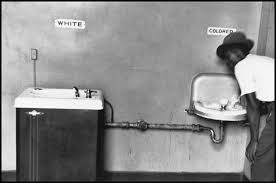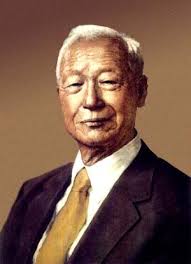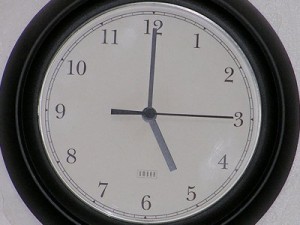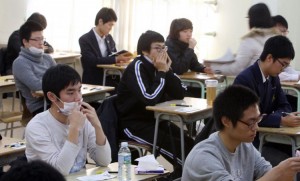This is my third date. In this episode, I meet an African American living in Korea. On my previous two blind dates, I had met with non-native English speakers. However, with this blind date, I was able to communicate in English, making it easier to talk with one another. There aren’t many black Americans in Korea, and there are a lot of stereotypes against them in Korean culture. Let’s take a look at some of them and see what it was like for Jaye to live in Korea as a black American.
What are some stereotypes you faced as a black American woman in Korea – socially and professionally?
Jaye: “Professionally, people at work think of me as an athlete because they automatically assume I will be good at sports because I’m black. Some parents are afraid their children might learn bad things from black teachers, but I personally haven’t experienced that. In fact, the parents of my students believe their children can learn a lot from me through my teaching methods.
Socially, people always think I’m angry all the time, and it’s mainly due to movies I think. I don’t know what movies they’re watching, but they just think I’m mad which is why they are scared of black people.
When people talk to me, they automatically go into hip hop mode. They think because I’m black, I’m into only hip hop and try to speak to me like I was from a rap video.
Not many people bother me, but they, especially the ajumas, stare a lot and even try to touch my braids or touch my skin.”
[caption id="attachment_2232" align="aligncenter" width="412"]
 Blackface is still common in Korea. Mainstream medias still portray blackface for entertainment.[/caption]
Blackface is still common in Korea. Mainstream medias still portray blackface for entertainment.[/caption]PDA (Public Display of Affection) – How does it differ in Korea and America?
Jaye: "Korean couples are very lovey-dovey and personal. Also, they can be annoying on public transportations like the subway. I was trying to get through the door, but they were blocking the door and I just have to push through them. Sometimes on the street, they’re holding hands and just kind of creating traffic for the other pedestrians.
American couples are more carefree and they’re very playful. They’ll just flirt a lot."
[caption id="attachment_2235" align="aligncenter" width="409"]
 Korean couples often wear matching shirts or sometimes entire outfits to show their affection to the entire world.[/caption]
Korean couples often wear matching shirts or sometimes entire outfits to show their affection to the entire world.[/caption]What would you expect from dating a Korean guy compared to an American guy?
Jaye: "I have no expectations of dating a Korean guy. They won’t want to date a black female because of disapproval from parents and the norms in Korean society. But if they were to approach me, I expect he will try to be assertive and play out an image of being hip hop.
For American guys I would expect they would automatically expect me to accept their proposal because there are so few black people in Korea."
[caption id="attachment_2234" align="aligncenter" width="241"]
 G-Dragon is one of the most popular Korean male figures.[/caption]
G-Dragon is one of the most popular Korean male figures.[/caption]How open would your family be to interracial marriage?
Jaye: "They would be very open to it. They are totally cool with that. They already knew that I was an open-minded person so they would really expect it. They wouldn't mind at all. Race doesn't matter at all. Even in America I would date men other than my ethnicity, and they've grown accustomed to my dating preferences."

How well do you think other black Americans would adjust to life in Korea?
Jaye: "They would adjust very well. The cultures may be a little different, but black people, like Koreans, are raised to respect their elders. However, don’t expect Koreans to jump into a relationship with you. It’s easier for black males to pick up Korean women, but it’s not as easy for the black females to date a Korean guy."
[caption id="attachment_2233" align="aligncenter" width="449"]
 Night life in Gangnam[/caption]
Night life in Gangnam[/caption]Being a foreigner in a different country can be difficult, especially if the people of that country have little knowledge of the foreigner’s cultural background.
It’s important to know the culture of the nation you’re visiting, but it’s also important for that country to be accommodating of your culture as well. Learning culture is neither unilateral nor bilateral. It is multilateral, and the more you learn, the wider your perceptions of life.
The next time you see someone foreign to your country; don’t simply rely on the rumors of others. Instead, open a line of communication and maybe you’ll learn a thing or two about a culture you have never had the chance of knowing before.
Jaye Wyn is an English teacher who has lived in Korea for four years. She enjoys not only hip hop but also Korean music. She also enjoys traveling throughout Korea in her free time.

















